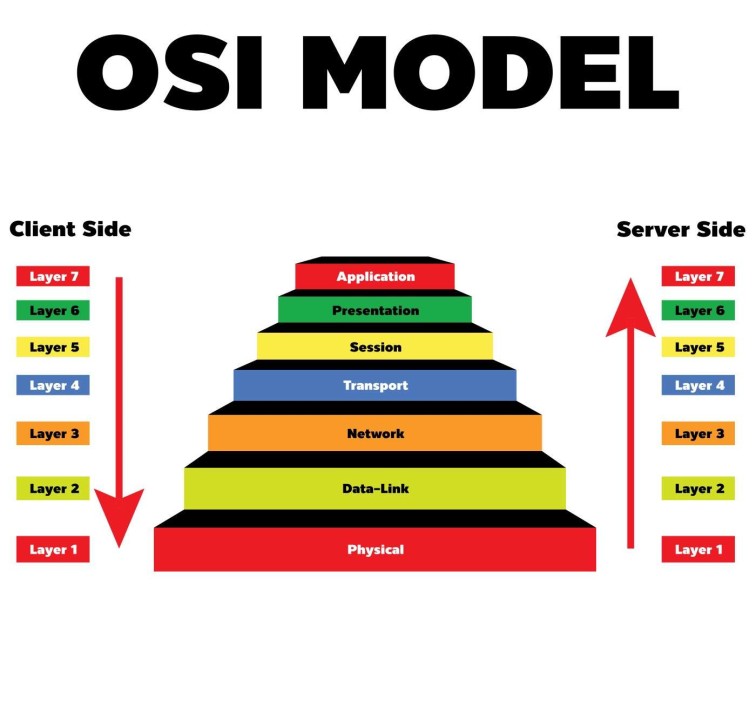
The digital world is constantly expanding, and with it, the need for robust cybersecurity measures. As cybercriminals develop ever-more sophisticated attack methods, the demand for ethical hackers to counter these threats is skyrocketing. This creates a dynamic and exciting field with promising opportunities for the future.
Why Ethical Hacking is Crucial
Ethical hackers, also known as penetration testers or white hat hackers, are security professionals who legally simulate cyberattacks on a company’s systems with permission. Their goal is to identify vulnerabilities before malicious actors exploit them, potentially causing data breaches, financial losses, and reputational damage.
The importance of ethical hacking lies in its proactive nature. By proactively identifying and patching vulnerabilities, ethical hackers help organizations stay ahead of the curve. This is especially critical in today’s interconnected world, where sensitive data is constantly flowing across networks.
The Future of Ethical Hacking Jobs
Several trends are shaping the future of ethical hacking jobs:
- Rise of Cloud Computing: The increasing reliance on cloud-based applications and infrastructure necessitates a new breed of ethical hackers with expertise in cloud security. These individuals will be responsible for identifying and exploiting vulnerabilities in cloud platforms and applications.
- Internet of Things (IoT) Security: As more devices become connected to the internet, the attack surface for cybercriminals expands. Ethical hackers specializing in IoT security will be in high demand to secure these devices and prevent them from becoming entry points for attacks.
- Artificial Intelligence (AI) and Machine Learning (ML): While AI and ML offer immense benefits for cybersecurity, they also introduce new vulnerabilities. Ethical hackers with knowledge of AI and ML will be crucial in identifying and exploiting these vulnerabilities before they can be weaponized by attackers.
- Focus on Automation: Automation will play a more significant role in the future of ethical hacking. Tools powered by AI and ML will assist ethical hackers in automating repetitive tasks, allowing them to focus on more complex vulnerabilities.
- Evolving Regulatory Landscape: As governments enact stricter data privacy regulations, the demand for ethical hackers to ensure compliance will increase. These professionals will need to understand the evolving regulatory landscape and adapt their testing methodologies accordingly.
Skills Needed for Ethical Hacking Jobs of the Future
To thrive in the future of ethical hacking, individuals will need to possess a unique blend of technical skills, soft skills, and certifications. Here’s a breakdown of the key areas:
- Technical Skills:
- Strong understanding of networking concepts and protocols
- Proficiency in various operating systems (Windows, Linux, etc.)
- Knowledge of programming languages (Python, Ruby, etc.)
- Expertise in penetration testing methodologies and tools
- Understanding of cryptography and encryption
- Soft Skills:
- Critical thinking and problem-solving skills
- Excellent analytical and investigative skills
- Strong communication and collaboration skills
- Ability to work independently and as part of a team
- Adaptability and a passion for continuous learning
- Certifications: While not always mandatory, certifications can demonstrate an individual’s expertise and increase their employability. Some popular certifications include: * Certified Ethical Hacker (CEH) * Offensive Security Certified Professional (OSCP) * Certified Information Systems Security Professional (CISSP)
Career Paths in Ethical Hacking
The future of ethical hacking offers a variety of exciting career paths. Here are some potential options:
- Penetration Tester: These professionals conduct simulated attacks on a company’s systems to identify vulnerabilities.
- Vulnerability Researcher: Researching and identifying new vulnerabilities in software, hardware, or networks is a crucial aspect of ethical hacking.
- Security Analyst: Security analysts play a vital role in analyzing security threats and implementing security measures.
- Incident Responder: Responding to security incidents and mitigating the damage is a critical responsibility for ethical hackers.
- Security Consultant: Ethical hackers with extensive experience can advise companies on how to improve their overall security posture.
Conclusion
The future of ethical hacking is bright. As technology evolves and the threat landscape becomes more complex, the demand for skilled ethical hackers will only continue to grow. This field offers a rewarding career path for individuals who are passionate about cybersecurity and enjoy the challenge of staying ahead of cybercriminals.
Additional Considerations
- Evolving Ethical Landscape: As ethical hacking practices evolve, discussions will continue around proper disclosure of vulnerabilities and responsible interaction with bug bounty programs.
- Global Demand: The need for ethical hackers is not limited by geography. Individuals with the right skillset can explore opportunities across the globe.
By staying informed about the latest trends, developing the required skillset, and pursuing relevant certifications, individuals can position themselves for success in the ever-evolving world of ethical hacking.
